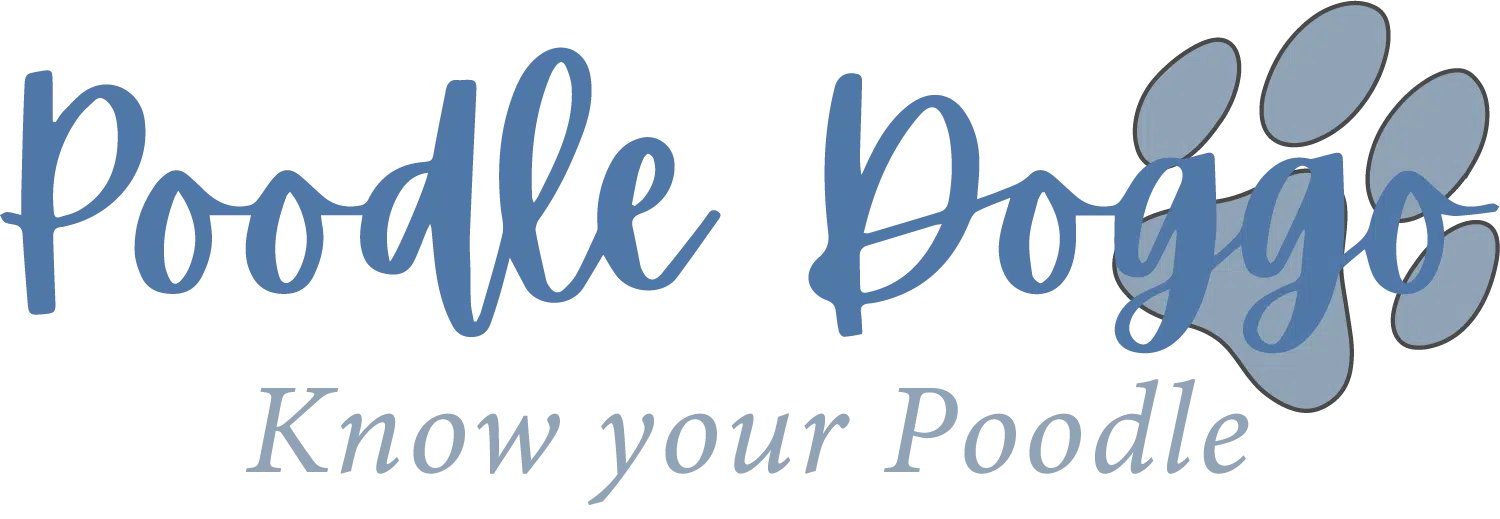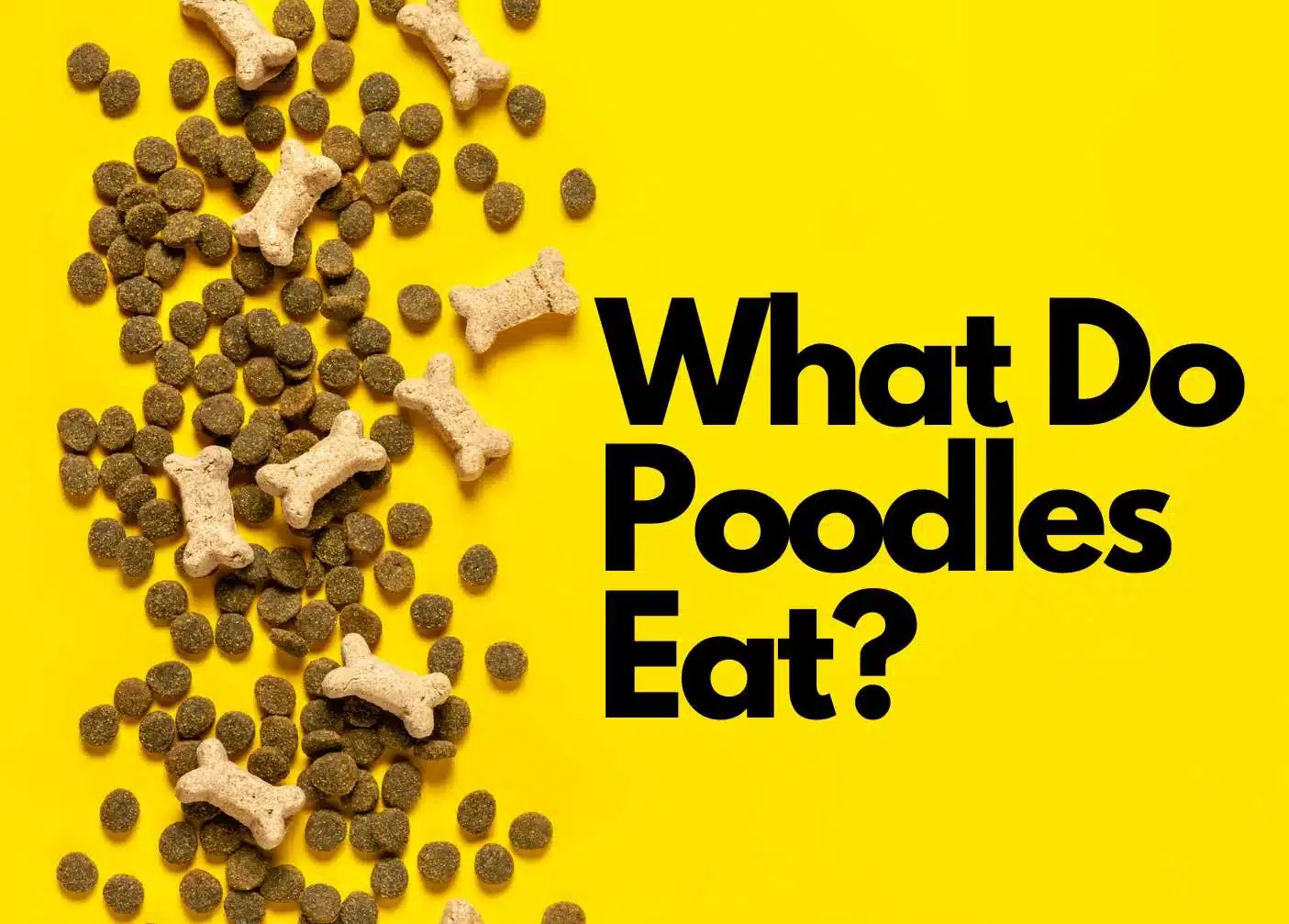If you’re a proud poodle parent, you know that providing your furry friend with the proper diet is crucial for their overall health and well-being. But with so many choices available in the market, it can be overwhelming and difficult to figure out what do poodles eat.
Poodles should eat a balanced diet of high-quality protein, healthy fats, and complex carbohydrates. However, It’s essential to consult with your vet to determine the best diet for your poodle.
In this post, I will discuss what types of food are best for poodles, how often they should be fed, and what foods to avoid giving your Poodle.
Table of Contents
ToggleWhat Do Poodles Eat?
Poodles should eat a balanced diet that consists of high-quality protein, healthy fats, and complex carbohydrates.
Some examples of foods that are good for standard, miniature and toy poodles include
- Whole grains
- Fish
- Lean meat
- Vegetables
- Fruits
It’s essential to avoid foods high in sodium or artificial preservatives and any foods that may be toxic to dogs, such as chocolate or grapes.
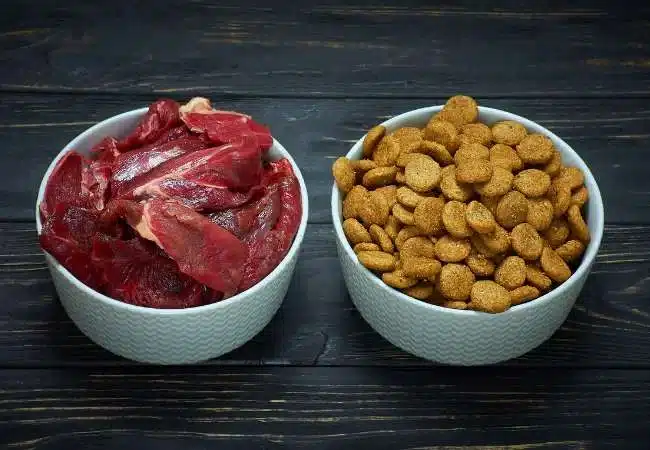
Additionally, poodles may benefit from foods that support their unique coat and skin health, such as omega-3 fatty acids and vitamin E.
What Should You Know About Poodle Nutrition?
As a poodle owner, it’s essential to understand the basics of poodle nutrition to provide your furry companion with a healthy and balanced diet.
During a poodle’s growth, its diet should have 22% protein; even as an adult, it should contain at least 18% protein. Puppies need 8% fat, but adult dogs only need 5%. Dogs also need water, carbs, vitamins, and minerals to stay alive.
Providing for your Poodle’s dietary needs is critical to preserving his robust health, prime physical condition, and overall well-being.
You should also know your Poodle’s unique dietary needs based on size, age, and activity level.
Dietary Needs Of A Poodle
Poodles have unique dietary needs that should be considered when creating their diet plan.
Some of these include:
Proteins
Poodles require a diet high in protein to maintain muscle mass and energy levels. This protein should come from high-quality sources such as
- Lean meats
- Fish
- Eggs
Healthy Fats
Poodles have a unique curly coat type that requires healthy fats to maintain their health and shine. These fats can come from sources such as
- Fish oil
- Coconut oil
- Flaxseed oil
Complex Carbohydrates
Poodles need complex carbohydrates to provide them with energy throughout the day. These can be found in whole grains and vegetables, such as
- Brown rice
- Oats
- Barley
- Sweet potatoes
- Carrots
- Blueberries.
Omega-3 Fatty Acids
Poodles are prone to skin and coat issues, so providing them with nutrients that support their coat and skin health is essential. These include omega-3 fatty acids and vitamin E, which can be found in things such as
- Salmon
- Leafy greens
Probiotics And Prebiotics
A poodle’s diet needs to include probiotics and prebiotics to help with their delicate tummies and prevent a host of digestive problems.
Importance Of A Balanced diet For Poodle’s Health
A balanced diet is vital for your Poodle’s health for several reasons:
- Provides essential nutrients – A balanced diet ensures your Poodle receives all the vital nutrients needed to maintain good health and energy levels.
- Helps maintain a healthy weight – Feeding your Poodle a balanced diet can help them maintain a healthy weight, which is essential for their overall health and can reduce the risk of obesity-related health issues.
- Supports the immune system – A balanced diet that includes vitamins, minerals, and antioxidants can help keep your Poodle’s immune system and reduce the risk of illness.
- Promotes healthy digestion – A balanced diet which includes fiber and prebiotics can promote healthy digestion and reduce the risk of digestive issues.

- Supports healthy skin and coat – A balanced diet that includes healthy fats and omega-3 fatty acids can help promote healthy dog skin and coat, reducing the risk of skin irritations and allergies.
- Reduces the risk of dental problems – A balanced diet that includes foods that promote dental health, such as crunchy fruits and vegetables, can help reduce the risk of dental problems like tooth decay and gum disease.
Overall, a balanced diet is an important part of maintaining your Poodle’s overall health and well-being.
How Often And How Much Should I Feed My Poodle?
The amount and frequency of feeding for your Poodle will depend on their age, weight, and activity level.
Here are some general guidelines to follow:
Poodle Puppies
Puppies require frequent feedings to support their growth and development. Feed them 3-4 times per day until they are about 6 months old. After six months, you can reduce their feedings to 2-3 times daily.
Adult Poodles
Adult poodles should be fed 1-2 times per day. The amount will depend on their size, weight, and activity level. Generally, small to medium-sized poodles require 1/2 to 1 cup of food daily, while larger poodles may require 1-2 cups daily.
Senior poodles
Senior poodles may require fewer calories due to decreased activity levels. You may need to adjust their feeding schedule and amount accordingly.
Protip: It’s important not to overfeed your Poodle, which can lead to obesity and related health issues. Be sure to measure their food carefully and avoid feeding them table scraps or treats in excess.
7 Benefits Of High-Quality Protein For Poodles
High-quality protein is essential for your Poodle’s diet for the following reasons:
- Protein is essential for growing and maintaining your Poodle’s body tissues, such as muscles, bones, organs, and skin.
- High-quality protein contains essential amino acids your Poodle’s body needs to function correctly.
- Poodles are active dogs that require a lot of energy to maintain their activity level, and protein is a source of energy for their bodies.

- Protein is also crucial for the immune system because it helps to produce antibodies that fight off infections and diseases.
- High-quality protein sources, such as meat, fish, and eggs, also contain essential nutrients like iron, zinc, and vitamin B12 that are essential for your Poodle’s overall health.
- Providing your Poodle with high-quality protein from animal sources can also help prevent obesity and health problems. It can help your Poodle feel fuller for longer and maintain a healthy body weight.
Role Of Vitamins In Poodle’s Diet
It’s important to include vitamins in a poodle’s diet because vitamin deficits can lead to a number of health problems.
Vitamin A – It is essential for healthy skin, fur, muscles, and nerves and for lowering the risk of contracting infectious diseases.
Vitamin E – Vitamin E deficiency causes neurodegeneration, infertility, and retinal degeneration in dogs.
Vitamin B1 -Thiamin insufficiency causes weakness and neurological problems.
Vitamin D – Certain vitamins, like vitamin D, are needed at low concentrations but harmful at large ones; this is essential for extraskeletal health.
What Are The Foods You Should Avoid Giving Your Poodle?
Several types of foods are potentially harmful or even toxic to dogs, including poodles.
Here are some foods to avoid feeding your Poodle:
- Chocolate: Chocolate contains theobromine, it can be toxic to dogs and cause symptoms such as vomiting, diarrhea, seizures, and even death.
- Grapes and raisins: Raisins can cause kidney failure in dogs, so it would be best to avoid feeding them to your Poodle.
- Onions and garlic: Onions and garlic can destroy your poodle’s red blood cells, leading to anemia. Even small amounts can be harmful, so it’s best to avoid feeding them.
- Alcohol: Alcohol can be toxic to dogs and cause symptoms such as vomiting, diarrhea, difficulty breathing, and even coma.
- Bones: Cooked bones can splinter and cause intestinal blockages or perforations. So, it’s better to avoid feeding your Poodle any cooked bone.
- Xylitol: Xylitol is an artificial sweetener that can be found in many sugar-free products, such as gum, and candy. It can cause rapid insulin release in dogs, leading to liver failure, low blood sugar, and seizures.
Protip: It’s always best to check with your veterinarian or a dog nutritionist before introducing new foods to your Poodle’s diet, as some human foods may be harmful or even fatal to dogs.
Food For Maintaining A Healthy Skin And Coat For Your Poodle
There are several ways to support your Poodle’s skin and coat health through nutrition:
Feed a balanced diet – Make sure your Poodle’s diet includes high-quality protein, healthy fats, and complex carbohydrates. This will help provide the essential nutrients necessary for healthy skin and coat.
Add omega-3 fatty acids – Omega-3 fatty acids, found in fish oil or flaxseed oil, can help to reduce inflammation and promote a healthy coat. Talk to your veterinarian about the appropriate dose for your Poodle.
Provide adequate hydration – Ensure your Poodle has access to fresh, clean water to keep their skin and coat hydrated.
Consider adding vitamins and minerals – Supplements such as biotin, vitamin E, and zinc can help support skin and coat health in dogs. However, it’s crucial to consult with your vet before adding any supplements to your dog’s diet.
Avoid common allergens – If your Poodle has food allergies, they may experience skin irritations or itching. In this case, identifying and avoiding common allergens, such as beef, chicken, dairy, or wheat, is essential.
Homemade Food Vs. Store Bought Food For A Poodle’s Diet
Choosing between homemade or store-bought food for your Poodle can depend on several factors, including your Poodle’s nutritional needs, your lifestyle, and your budget.
Here are some things to consider:
Homemade Food
Homemade food can be good for poodles, as it allows you to control the ingredients and ensure that your Poodle puppy is getting a diet that meets its specific nutritional needs.
Store-Bought Food
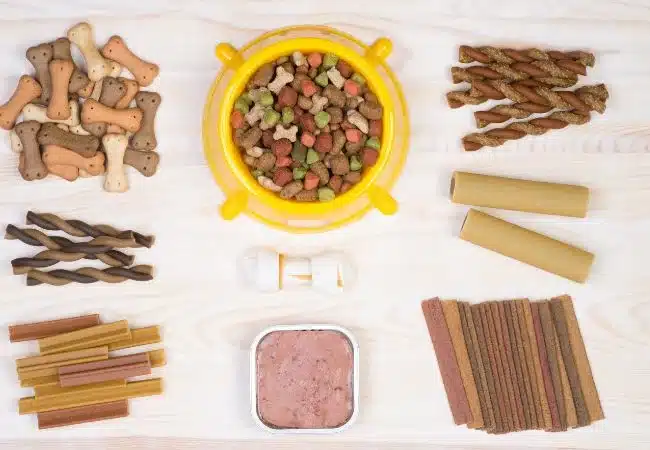
Store-bought food can also be a good option for poodles if you choose a high-quality dog food brand that uses good ingredients and meets your Poodle’s nutritional needs.
Ultimately, deciding between homemade and store-bought food for your Poodle depends on your preference and your Poodle’s specific nutritional needs.
How To Make A Personalized Diet Plan For Your Poodle?
Working with your veterinarian to create a personalized diet plan for your Poodle is an excellent way to ensure they get the proper nutrition.
Here are some steps to follow:
Schedule An Appointment With Vet
Explain that you would like to create a diet plan for your Poodle and discuss any specific concerns or health issues that your Poodle may have.
Provide A Complete Medical History
Your dog’s vet will need a complete medical history of your Poodle to determine any underlying health conditions that may impact their dietary requirements.
Discuss Your Poodle’s Lifestyle And Activity Level
Let your veterinarian know about your Poodle’s daily routine and activity level. This information will help them determine how many calories your Poodle needs and what foods will be most beneficial.
Consider Any Allergies Or Sensitivities
If your Poodle has any known allergies or sensitivities, be sure to mention them to your veterinarian so they can be taken into account when creating a diet plan.
Review Your Poodle’s Current Diet
Your veterinarian may ask you to provide a detailed list of the foods and treats your standard Poodle is eating. This information will help them determine if any changes need to be made to ensure that your Poodle gets the proper nutrition.
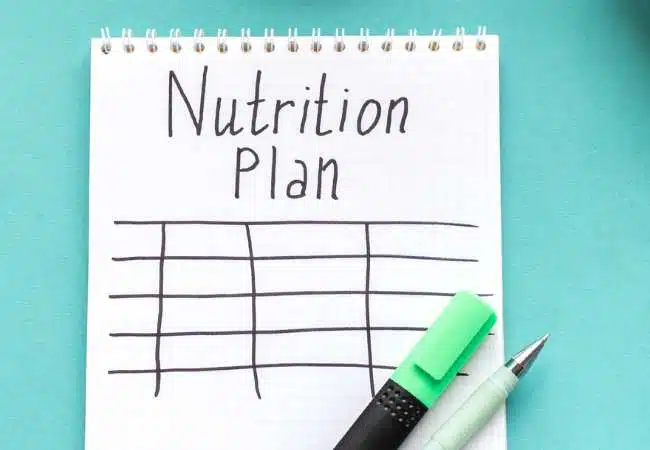
Your Vet Will Provide A Diet Plan
Based on the information gathered, your veterinarian can help you create a personalized diet plan that meets your Poodle’s needs. This may include recommendations on the type of food, portion sizes, and feeding frequency.
Monitor Your Poodle’s Progress
As you implement the new diet plan, closely monitor your Poodle’s progress. Your veterinarian may recommend follow-up appointments or dietary adjustments as needed.
Conclusion On “What Do Poodles Eat?”
A Poodle’s diet should include meat-based protein sources, such as chicken, turkey, and beef, as well as vegetables, fruits, and whole grains. It is essential to avoid feeding poodles human food that is toxic to them, including chocolate, avocado, and grapes.
Additionally, poodle owners should be mindful of their pet’s calorie intake and adjust their diet to prevent obesity and other health issues.
FAQs
Q: What do Poodles like the most?
A: Poodles, like most dogs, have individual preferences when it comes to food. However, many poodles enjoy meat-based proteins like chicken, turkey, and beef—some poodles also like fruits and vegetables, such as apples, carrots, and green beans.
Q: How often should Poodles eat?
A: Poodles should be fed 2-3 small meals daily, depending on their age, size, and activity level. This can help prevent overeating, obesity, and other health issues.
Q: Do poodles eat a lot?
A: The amount which a standard, toy or a miniature poodle eats can vary depending on factors such as age, size, and activity level. Generally, poodles are not big eaters, but monitoring their wet or dry food intake is essential to prevent overeating and weight gain.
Q: Can Poodles eat rice?
A: Poodles can eat rice as part of a balanced diet. Brown rice is more better than white rice because it contains more fiber and nutrients.
Q: What is a Poodle’s favorite food?
A: It’s difficult to say a poodle’s favorite food, as every dog is different. However, many poodles enjoy a variety of meats, fruits, and vegetables. It’s crucial to offer your Poodle a balanced diet and monitor their food preferences to ensure they eat healthily and enjoy their meals.
References
